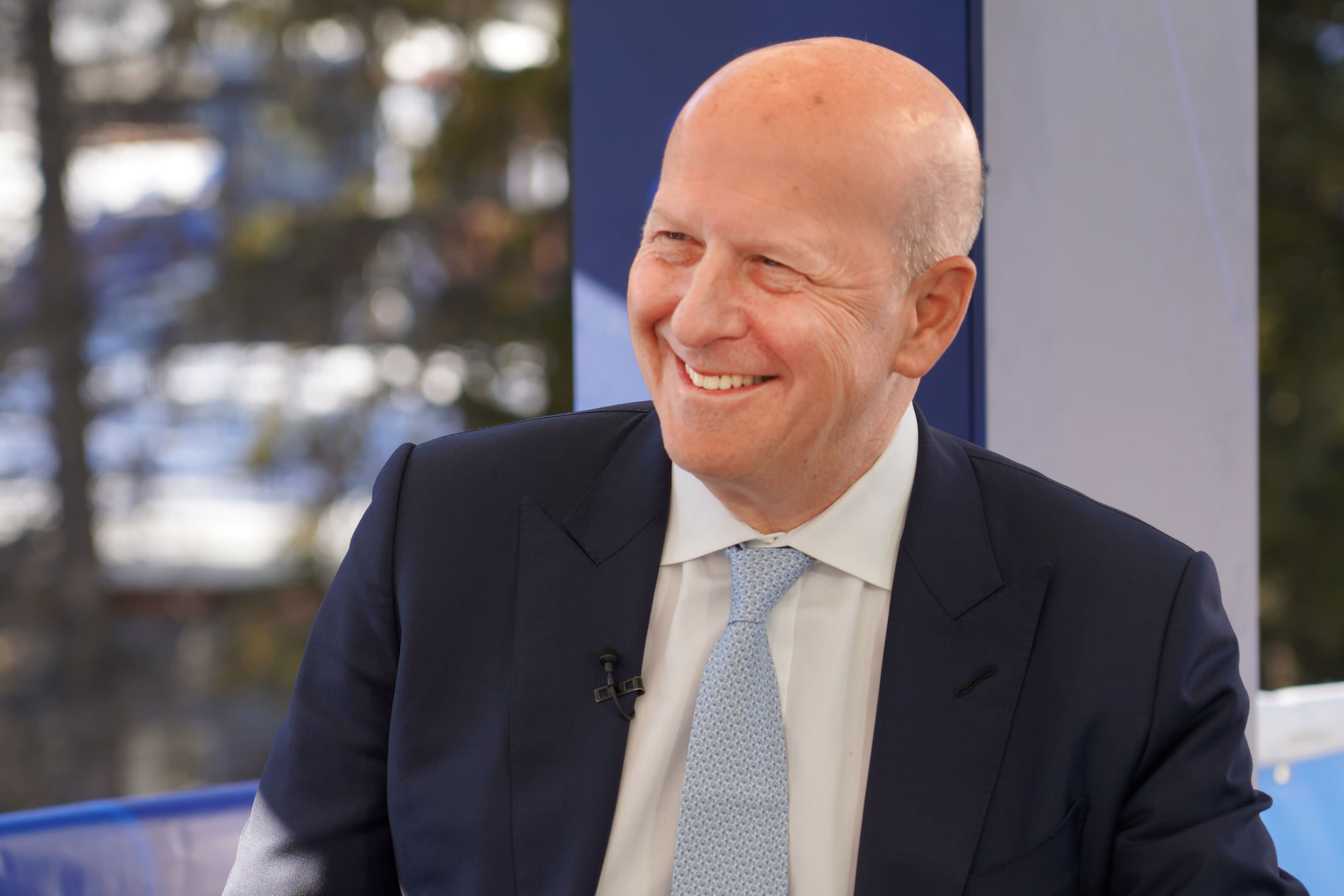
- Congress and the Fed will have more impact on what happens to markets and the economy than the pandemic, Goldman Sachs CEO David Solomon said.
- With support from both starting to fade in the days ahead, the leader of the Wall Street investment banking giant said investors should take heed and plan accordingly.
Congress and the Federal Reserve will have more impact on what happens to the economy and markets than the pandemic, Goldman Sachs CEO David Solomon said Tuesday.
Both entities have implemented never-before-seen levels of policy help totaling about $10 trillion since March 2020.
After injecting more than $5 trillion of cash in 2020 and into 2021, Congress recently passed a more than $1 trillion infrastructure bill that will continue to boost spending in the years ahead. However, the fiscal pace will slow considerably from what it had been.
At the same time, the Fed has expanded its asset holdings by more than $4 trillion through monthly bond purchases. But the central bank is slowing that stimulus effort and is expected next week to step up the tapering of the asset purchases, possibly paving the way for interest rate hikes by the spring of 2022.
Investors will be left to resolve how the slowing pace of policy support will fit into the broader picture.
The main wildcard in the equation could be inflation, which is rising at its fastest pace in more than 30 years.
One reason the Fed is starting to put the brakes on is that price gains have been stronger and more persistent than central bank officials had envisioned. Solomon said that "we clearly have real inflation in the economy," adding that investors may not have a full appreciation for what that means.
"I do think that while we've had inflation below trend for quite a significant period of time, there's a reasonable chance we're going to have inflation above trend for a period of time," he said. "It doesn't mean it has to be like the 1970s – could be, doesn't have to be – but when you think about periods where there's inflation, inflation hurts asset prices and it slows down your ability to make money with almost any asset."
He noted that the Fed reacted to inflation around 2004-06 with 17 rate hikes from June 2004 to June 2006. During that period, almost all assets lost money including stocks, with the only winners being oil and gold.
"Now I'm not saying that's going to happen, but I think we're living in a world where people are forgetting the history, and this might, you know, be a period that's different," Solomon said. "I think you've got to be very cautious and manage your risk appropriately for the distribution of the change that that might happen."
Markets currently are pricing in the first Fed rate hike around May 2022, but see the central bank's benchmark overnight lending rate — currently anchored near zero — topping out around 2% by 2026. In the example Solomon cited, the Fed took its funds rate from 1% all the way up to 5.25%.













